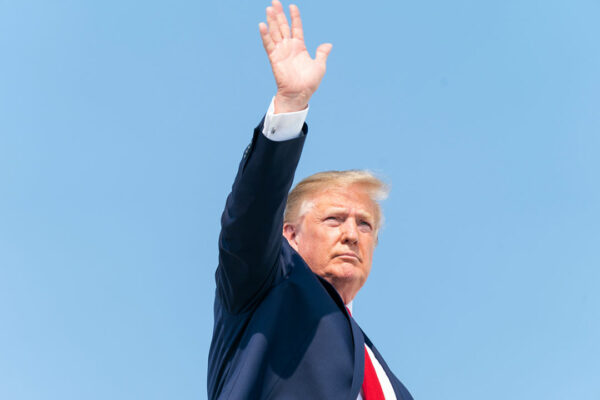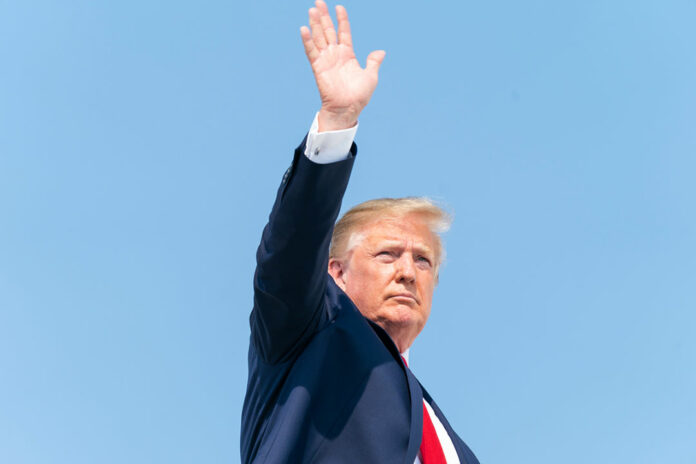BRUSSELS, BELGIUM – The European Union has issued a stern call for “mutual respect” in trade relations, vehemently rejecting a fresh threat from President Donald Trump to slap a punitive 50% tariff on all European goods entering the United States. The aggressive pronouncement, made by Trump via social media, has reignited fears of a transatlantic trade war and sent ripples of anxiety through global markets.
EU Trade Commissioner Maroš Šefčovič led the European response, emphasizing the bloc’s commitment to securing a trade deal with the U.S. based on partnership, not coercion. “EU-US trade is unmatched & must be guided by mutual respect, not threats. We stand ready to defend our interests,” Šefčovič stated in a post on X (formerly Twitter) following a call with U.S. Trade Representative Jamieson Greer and Commerce Secretary Howard Lutnick.
Trump’s latest salvo, delivered on Friday, signals his growing impatience with the pace of ongoing EU-U.S. trade negotiations. He asserted that discussions with the EU were “going nowhere” and “recommending” a massive 50% duty on all EU imports, slated to begin on June 1. Later, speaking from the Oval Office, Trump doubled down on his stance, stating, “I’m not looking for a deal. We’ve set the deal. It’s at 50 percent.”
This isn’t the first time Trump has employed high tariffs as a negotiating tactic. In early April, he announced a 20% tariff on most EU goods, but later reduced it to 10% until July 8 to allow for further talks. However, the current threat marks a significant escalation, with the proposed 50% rate being notably higher than tariffs he has imposed on China.

European leaders were quick to condemn the move, warning that such tariffs would inflict damage on both sides of the Atlantic. Irish Prime Minister Micheál Martin described Trump’s announcement as “enormously disappointing,” stressing that “negotiations are the best and only sustainable way forward.” French Trade Minister Laurent Saint-Martin echoed this, stating, “We are maintaining the same line: de-escalation, but we are ready to respond.” German Economy Minister Katherina Reiche urged that “everything must be done” to reach a negotiated solution.
The EU is one of Washington’s largest trading partners, with over $600 billion in goods traded annually. Trump has frequently criticized this relationship, citing a trade deficit and claiming existing frameworks are “unfair” to U.S. companies. His complaints often focus on issues like VAT taxes, corporate penalties, and what he perceives as non-monetary trade barriers.
The renewed tariff threat has sent shockwaves through stock markets in both the U.S. and Europe, with major indices experiencing declines. Businesses, particularly those with significant transatlantic trade, are bracing for potential disruptions and increased costs if the tariffs are implemented. For instance, Volvo Cars CEO Hakan Samuelsson warned that the tariffs would limit the company’s ability to sell some of its Belgium-made vehicles in the U.S., leading to higher prices for consumers.
As the June 1 deadline looms, the question remains whether Trump’s rhetoric will translate into concrete action or if it is another aggressive negotiating tactic. The EU, while emphasizing its preference for de-escalation, has made it clear that it stands ready to defend its interests, signaling a potential for retaliatory measures should the tariffs come to pass. The global economy watches closely as the transatlantic trade relationship once again teeters on the brink.
